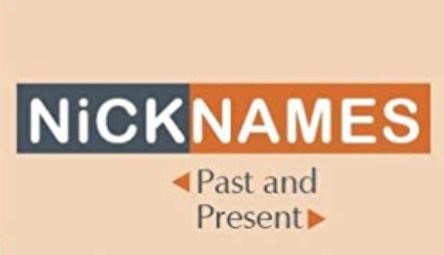×
The Standard e-Paper
Join Thousands Daily

Growing up, there were things that my dear mother, Nya’Manoah did and said that I hated. Most of these were done and said in public, and they brought me untold embarrassment and endless jibes from my friends.